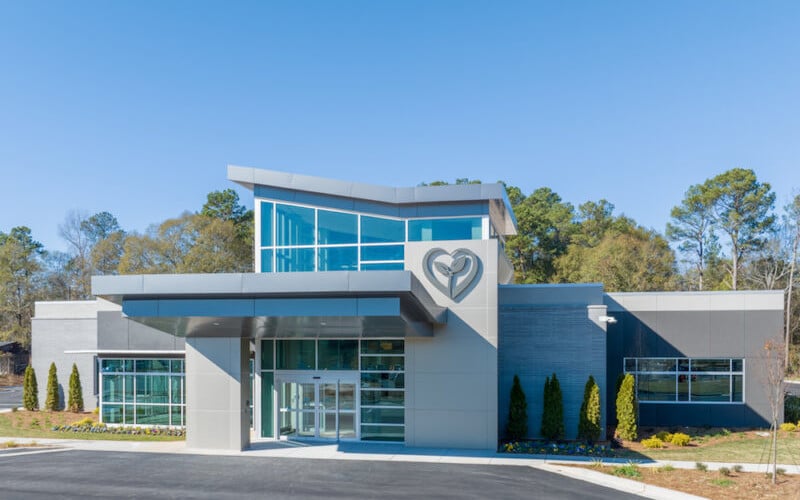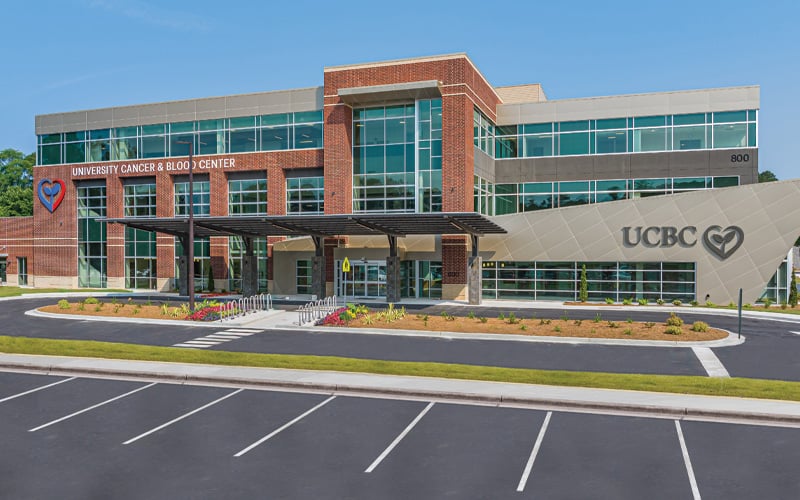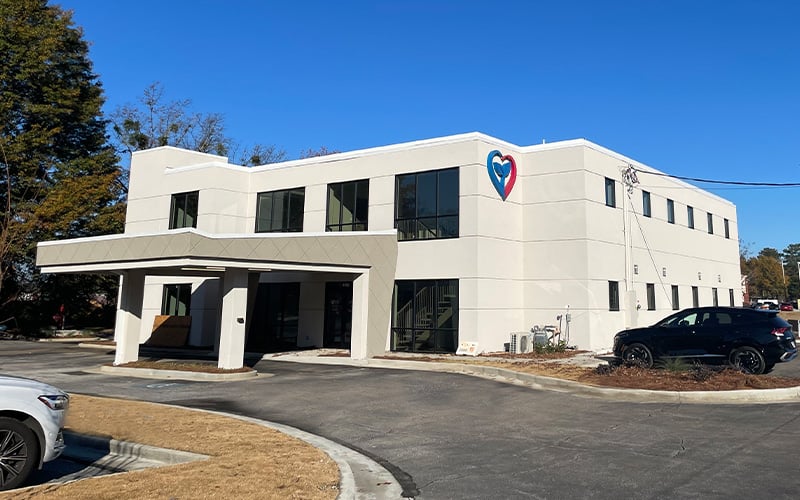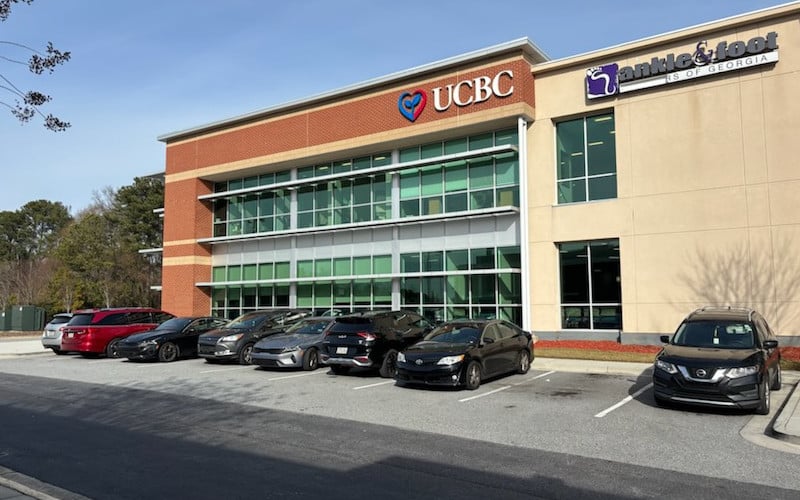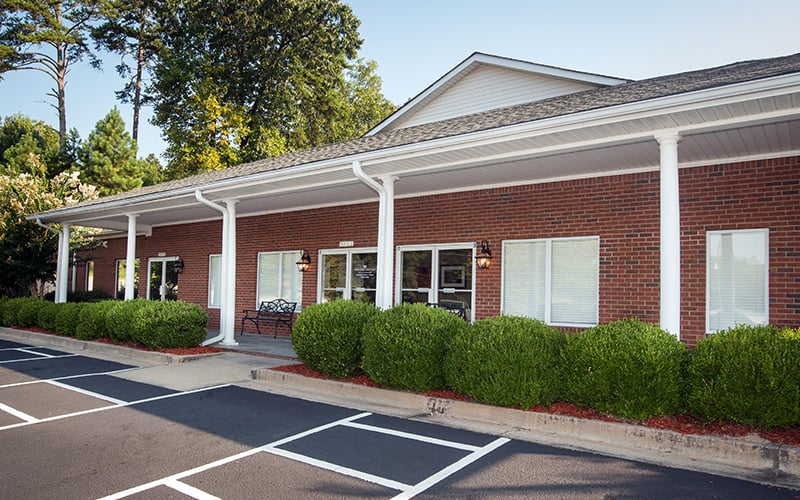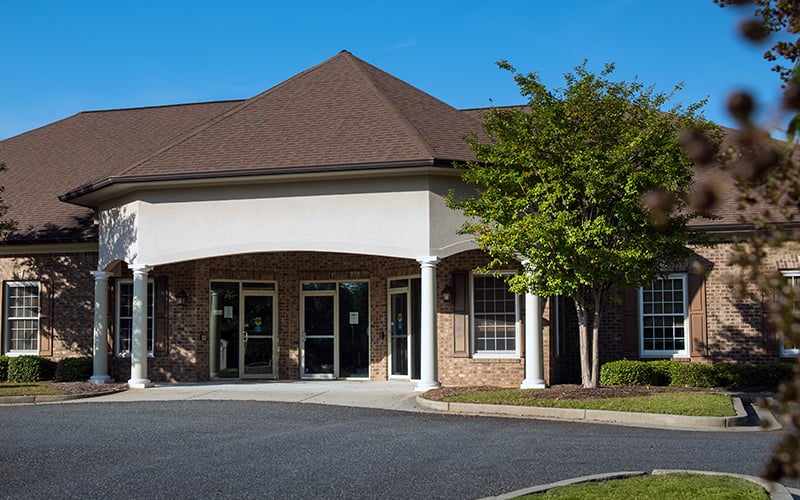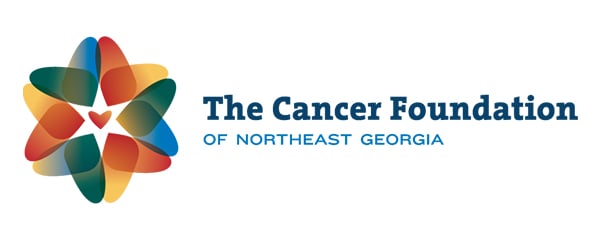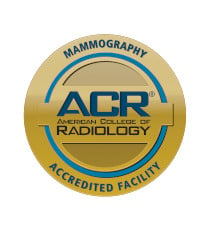In our previous post, we discussed symptoms, risk factors, and strategies for early detection of breast cancer. In this post we discuss breast cancer treatment options and some recent innovations.
Treatment decisions for breast cancer are typically made after reviewing factors such as the type and stage of cancer. In some cases, there may be several options to consider. Here’s a brief look at some common treatments, as well as how breast cancer care is evolving today.
Breast Cancer Treatment Options
Thanks to decades of research, cancer experts know that there are different types of breast cancer, each of which responds to certain medications differently. Our understanding of how each subtype behaves continues to improve, which in turn improves our treatment efforts.
With that in mind, there are five main approaches used to treat breast cancer.
- Surgery: According to the American Cancer Society, most women with breast cancer will undergo surgery in some form to remove the tumor. This is considered a local treatment, meaning it’s concentrated on the tumor and not the rest of the body.
- Radiation: Like surgery, radiation is a local treatment that targets the tumor and surrounding tissue. But instead of a scalpel, this treatment uses carefully targeted and regulated doses of high-energy radiation to kill cancer cells. Depending on the type and stage of cancer, it may be used before or after surgery, or both.
- Hormone Therapy: Unlike surgery and radiation, hormone therapy is a systemic treatment, meaning it can reach cancer cells anywhere in the body. Hormone therapy is only used to treat breast cancer that is hormone sensitive, known as hormone receptor-positive breast cancer. It works by preventing hormones from attaching to receptors on cancer cells or by decreasing hormone production. Hormone therapy can help to shrink tumors before surgery, and may also be used to prevent cancer from returning, or slow or stop cancer growth.
- Chemotherapy: Similar to hormone therapy, chemotherapy is a systemic treatment that uses powerful drugs to target rapidly dividing cancer cells. It may be given intravenously or in pill form. Oftentimes, multiple chemotherapy drugs are given, and the treatment may also be combined with other approaches, such as radiation or hormone therapy.
- Targeted Drug Therapy: Targeted drug therapy involves medicines that target proteins on breast cancer cells to destroy them or slow their growth. Some types of targeted therapies may also be considered a form of immunotherapy, since they can enhance the immune system.
Innovations in Breast Cancer Treatment
Although treatments for breast cancer have certainly come a long way, the medical community is committed to making even greater strides in new discoveries, and efforts are already underway. New drugs are continually being studied. Researchers are also exploring how combining existing treatments could yield better results for each subtype of breast cancer.
Thousands of clinical trials for breast cancer treatment are in progress and actively enrolling across the globe. These studies involve patients of all stages and help doctors and scientists explore better ways to treat the disease. In fact, every cancer therapy available today started as a clinical trial.
At University Cancer and Blood Center, we proudly offer clinical trial participation to eligible patients, along with our other patient-centered, comprehensive, conventional treatment. View our list of active clinical trials for breast cancer, find a treatment center close to you, or call (762) 356-4780 for more information.

